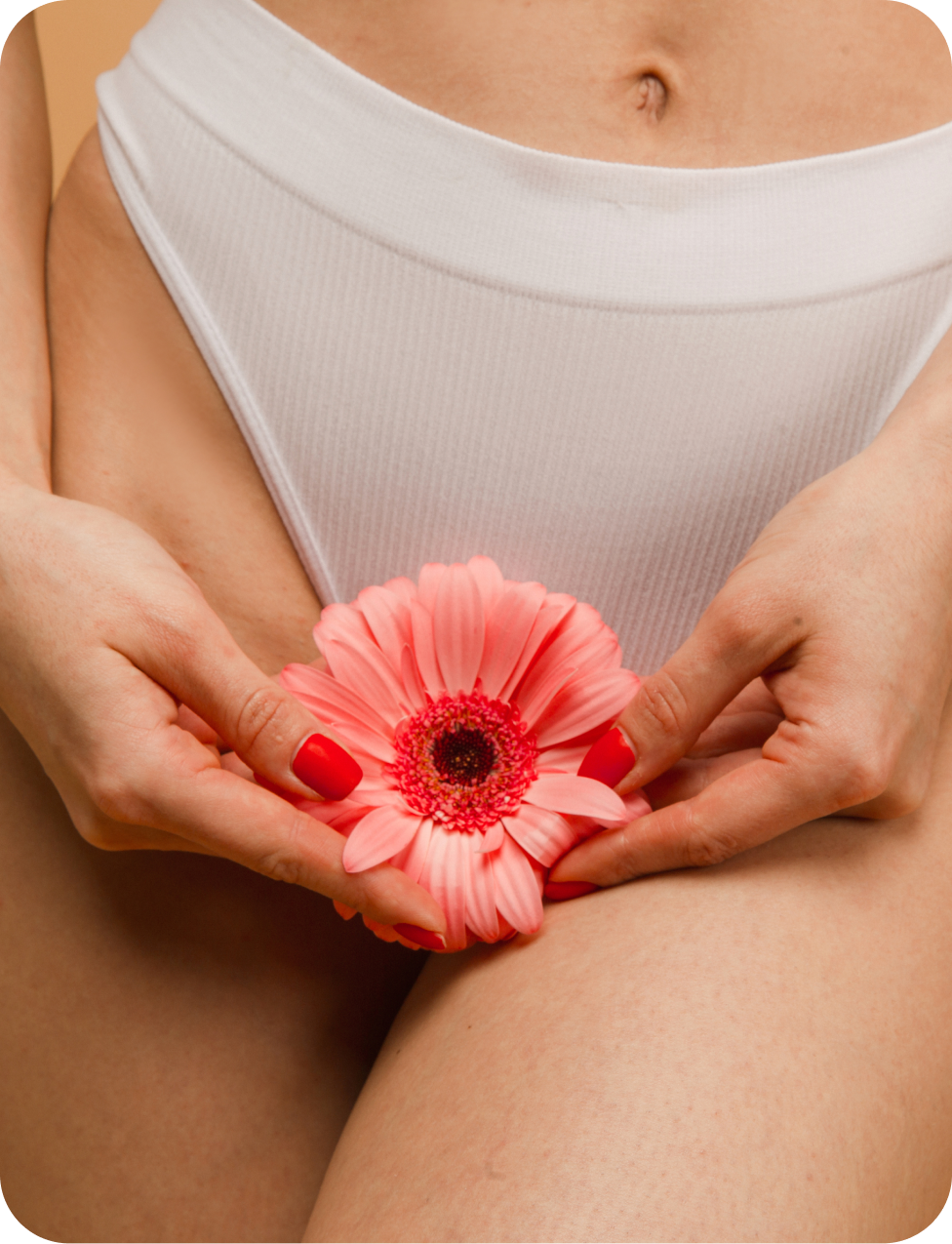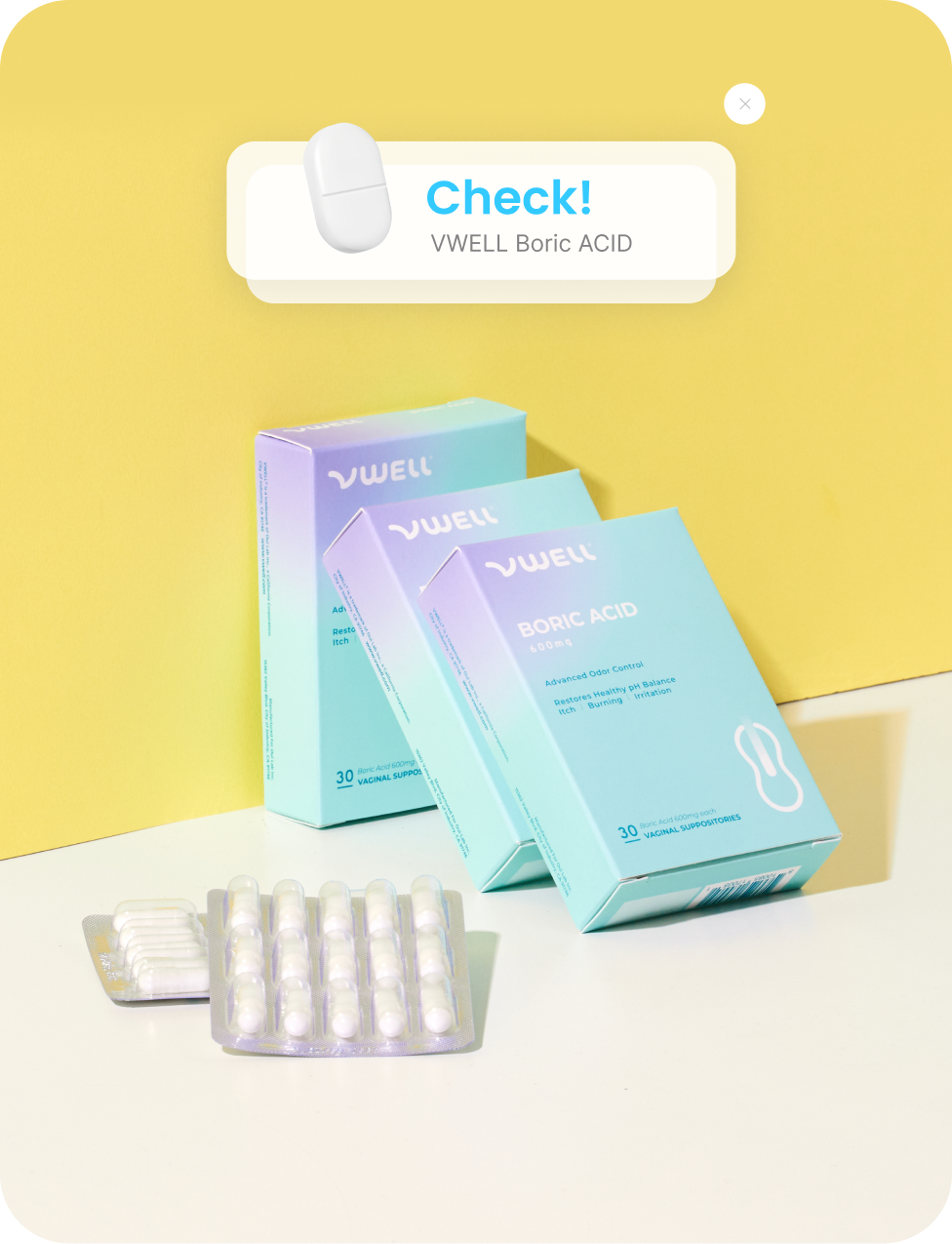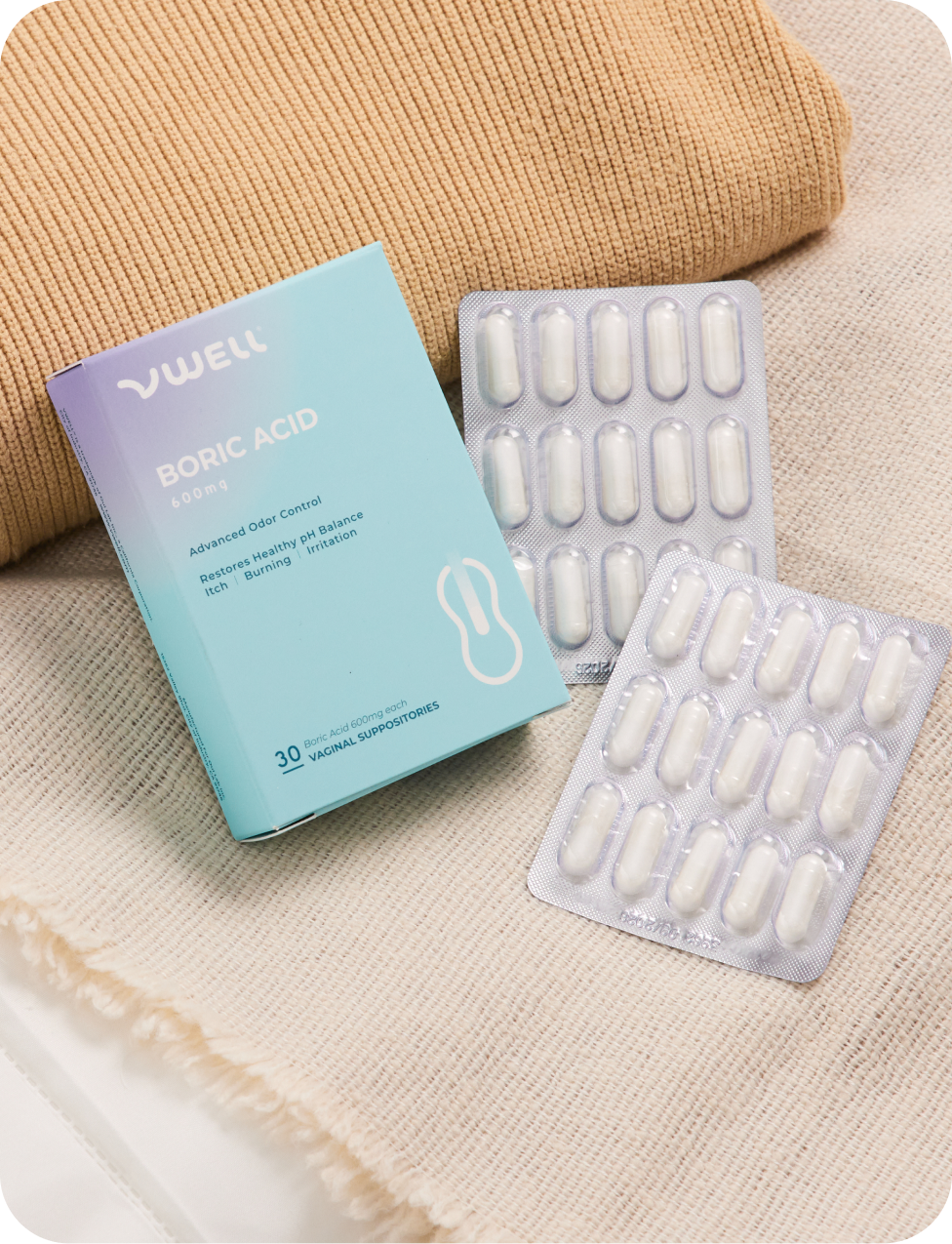Vaginal odor is more than just an inconvenience—it’s your body’s way of signaling changes in balance and health. Yet so much misinformation makes it confusing to know what’s normal and what needs attention. If you’ve ever worried about a sudden or persistent odor, you’re not alone. The good news? Most causes are manageable with simple, science-backed strategies. Let’s separate the myths from the facts and explore safe, natural ways to restore balance.
Common Myths About Vaginal Odor
-
Myth 1: Vaginal odor always means infection.
Not true. Subtle changes in scent throughout your cycle are completely normal. Strong, fishy, or foul odors may indicate an imbalance, but not every shift is cause for alarm. -
Myth 2: Douching gets rid of odor.
Douching actually does the opposite. It disrupts your natural pH and microbiome, which can make odor worse and even increase infection risk. -
Myth 3: Only hygiene causes odor.
While daily habits matter, factors like hormones, diet, sex, antibiotics, and even stress can play a role in odor changes. -
Myth 4: A healthy vagina should have no smell at all.
Every vagina has a natural scent, and it can vary throughout your cycle. A completely odorless vagina isn’t realistic—or healthy. What matters is knowing your normal baseline. -
Myth 5: Strong perfumes or scented wipes can fix odor.
Covering odor with perfumes, wipes, or sprays may temporarily mask it, but these often irritate sensitive tissues and disrupt balance, which can make odor worse.
The Facts Behind Vaginal Odor
Your vagina is self-cleaning and naturally acidic, with a pH of about 3.8–4.5. This environment keeps “bad” bacteria in check. When pH is disrupted—by antibiotics, hormonal changes, menstruation, or semen—unwanted bacteria can multiply, leading to odor.
The most common culprits are:
-
Bacterial Vaginosis (BV) – often described as a fishy smell.
-
Yeast infections – sometimes accompanied by a sour or bread-like odor.
-
Trapped moisture or non-breathable fabrics – which can intensify odor without infection.
Natural Tips to Restore Freshness
-
Wear breathable cotton underwear to reduce trapped moisture.
-
Avoid harsh cleansers and scented soaps that disrupt natural balance.
-
Change out of sweaty clothes quickly after workouts.
-
Support vaginal pH with boric acid suppositories.
Products like the VWELL Boric Acid Suppositories help restore healthy vaginal acidity, discouraging odor-causing bacteria and yeast. They’re doctor-recommended for maintaining balance and can be used after periods, sex, or as part of a regular wellness routine.

When to See a Doctor
If odor is strong, persistent, or paired with itching, burning, or unusual discharge, it’s important to see a healthcare provider. While lifestyle adjustments and boric acid can help with recurring imbalance, infections like BV or trichomoniasis may need prescription treatment.
The Bottom Line
Vaginal odor isn’t something to be embarrassed about—it’s your body’s way of signaling balance changes. By understanding the myths, respecting your natural pH, and using supportive tools like boric acid suppositories, you can feel fresh and confident again.
Subscribe to our mailing list for exclusives tips and deals and follow VWELL on Tiktok, Instagram, and Youtube to stay up to date on all things pelvic health and wellness.




